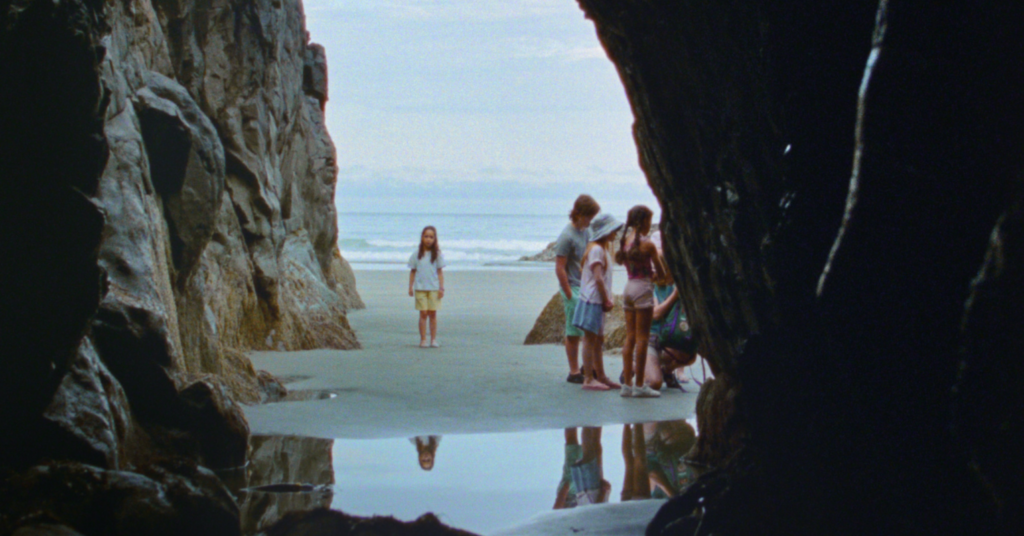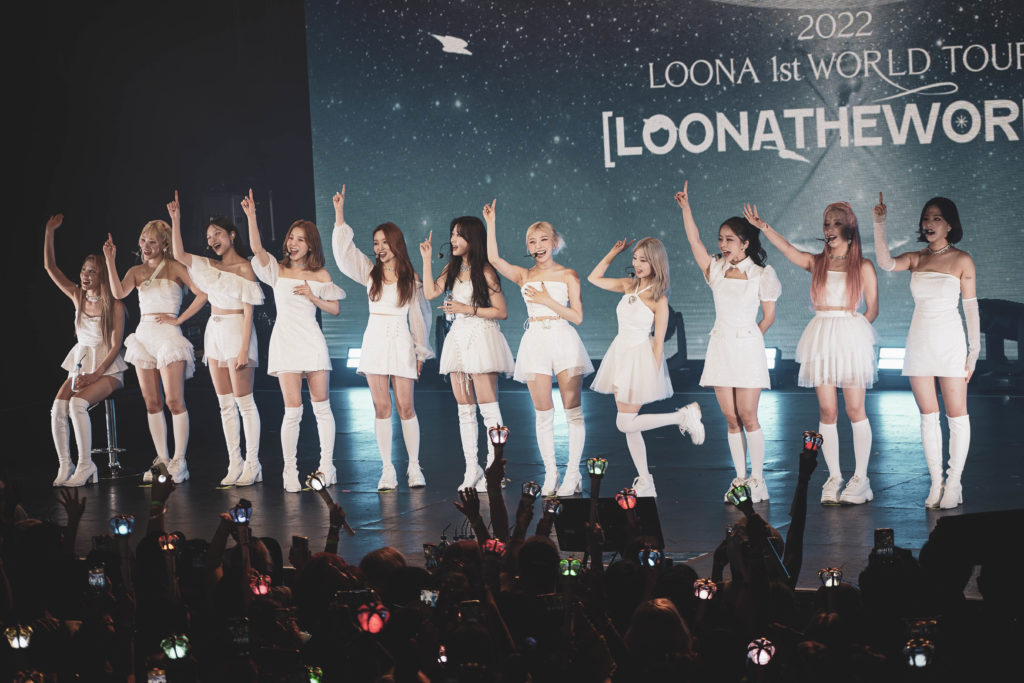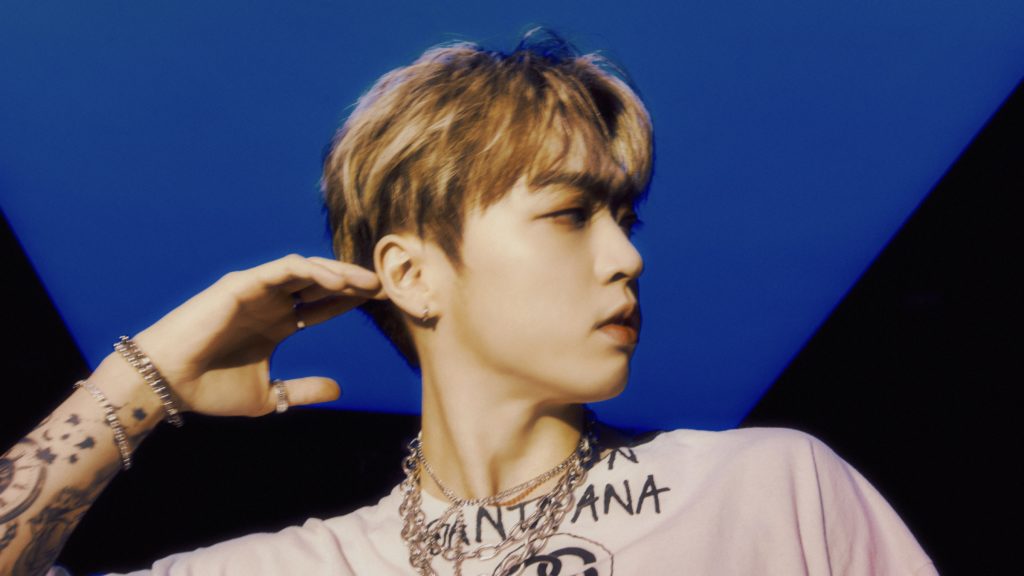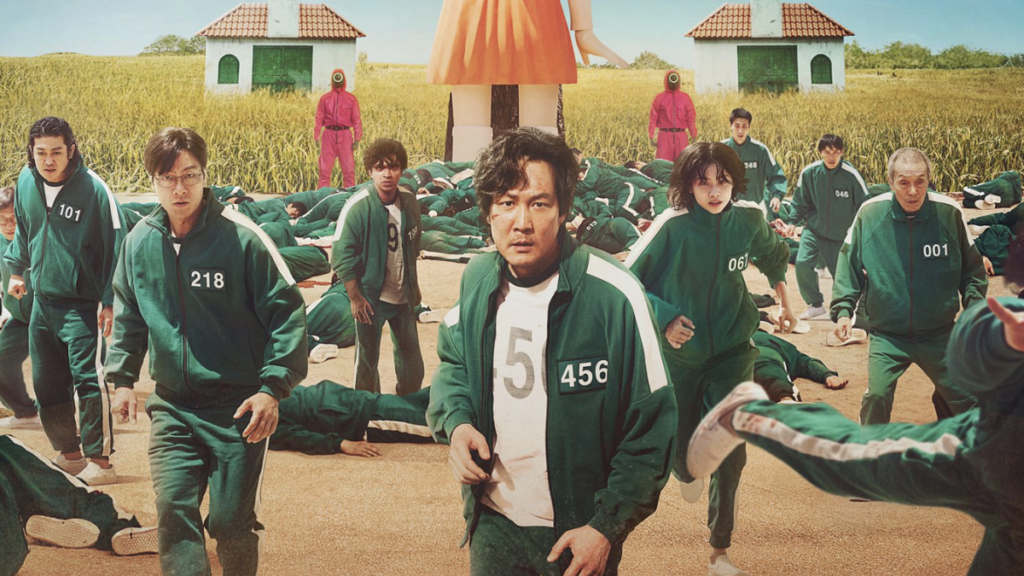Michelle Krusiec: The Godmother of Hollywood’s AAPI Representation
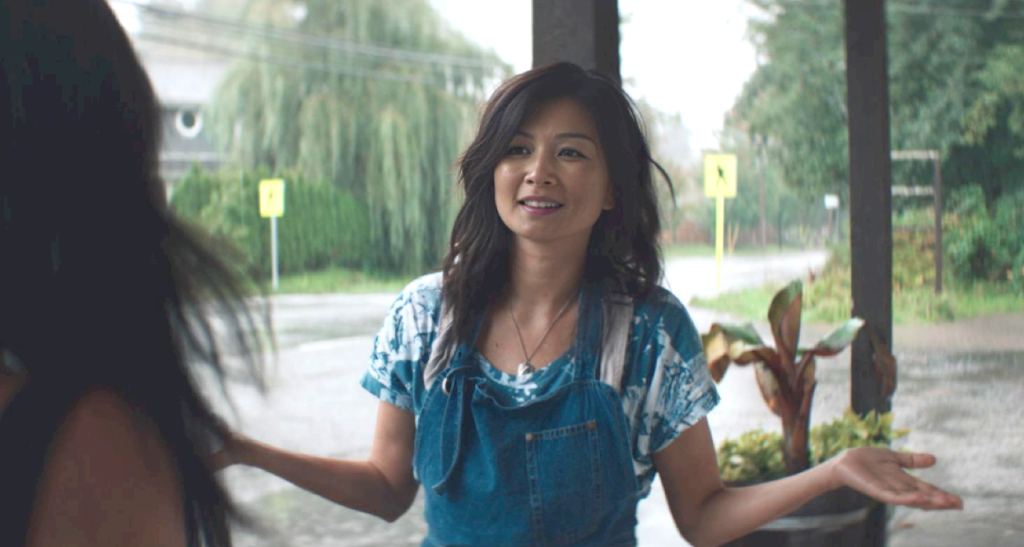
With over 20 years in the entertainment industry, Taiwanese American actress Michelle Krusiec is undeniably, what she calls herself, an “OG.” Paving the road toward more diversity in Hollywood since the 1990s, Krusiec has featured in countless critically acclaimed films and series. Since her breakout role as Wil Pang in Saving Face (2004)—the first movie in the 2000s centered on LGBTQ+ and Chinese American communities in Hollywood history, Krusiec has shattered Hollywood’s narrative and penciled in her own.
Blazing through 2000s Hollywood and beyond through her own kind of revolution, Krusiec has long been the “godmother” of minority representation. Breaking through the barriers of “White Hollywood” with the wand of industry firsts, Krusiec has wished for and made true a new era of Asian American diversity in both film and TV.
Determined to advocate for more inclusion herself, Krusiec has branched out from acting to other professions in the film industry—directing and writing. Trekking through the difficulties of being a multi-hyphenate Asian American woman in Hollywood, Krusiec has soared above structure and stigma. With her latest acting role in Float(2023) as an aunt that breaks the “crazy Asian auntie” stereotype, Michelle Krusiec chatted with EnVi over Zoom to talk love—in, of, and outside her works.
ACTING: Float
Written by Kate Merchant when she was a teenager, Float (2012) is a summer romance story that has garnered millions of fans since its debut on Wattpad—an online reading and publishing site for original written content. Adapted into a novel a decade later, then a WEBTOON series, and now made into a film, Float’s story dives into the sweet era of nostalgic rom-coms and a popular fan favorite—friends to lovers.
The film jumps straight into aspiring doctor Waverly, who decides that this summer is the last break she gets before starting residency. Packing her suitcase to escape the stress and pressure of becoming a doctor for once in her life, she heads to a hot, small beach town in Florida to meet up with her estranged Aunt Rachel. Unprepared for the heat and her hot lifeguard neighbor Blake, Waverly struggles to stay afloat of what she hopes isn’t a summer fling.

Krusiec applauded the creative vision that director Sherren Lee brought into Float—her feature film debut. Adapting Waverly and Aunt Rachel as Asian American characters, “Sherren really made this cast very specific as a POC female director,” she said. This change in portraying characters that Asian Americans didn’t typically see was one that Krusiec felt necessary to represent in the AAPI community.
Accepting Waverly with confused yet open arms, Aunt Rachel’s affectionate and light-hearted relationship with Waverly was one that worked against the strict Asian parental figure often seen in film. “I really liked Rachel because I feel like we all had those crazy auntie tropes, but this wasn’t the crazy aunt who’s out to get you and tell you that you’re too fat, you’re too skinny, all those things,” she expressed.
With Waverly seeking out mental refuge in a place far away from home, Aunt Rachel provided a safe haven for Waverly to truly experience emotional depth that wasn’t intertwined with her career. “It was refreshing,” Krusiec declared. To see an onscreen character that wasn’t embedded in negativity or stereotypes was really about “playing a healthy character that I thought we needed to see in our community,” she urged.
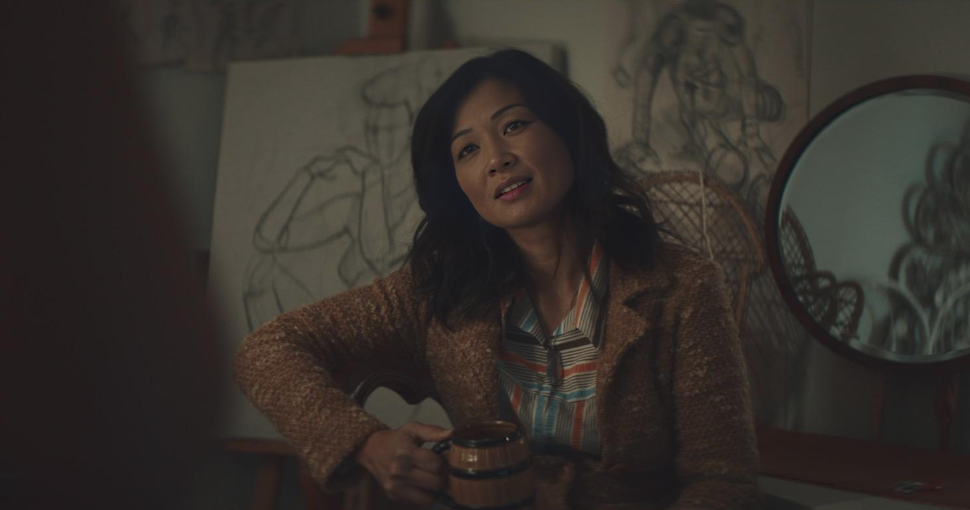
Expanding on the easy warmth that Aunt Rachel exuded, Krusiec doted on her, insisting that she was just a “very wholesome and not superficial character in any way.” Embodying kindness as a strength and imparting her wisdom onto a conflicted Waverly, Aunt Rachel easily became a source of mentorship for Waverly and young viewers alike. Through Aunt Rachel’s warm yet wise soul, Krusiec found it particularly memorable to portray such a healing type of character. “Because Rachel gives Waverly such sound advice, I felt like it was good for me to play a character that had the answers,” she explained. “It’s because I’ve played so many characters before who didn’t have the answers.”
Wishing she had a person like Aunt Rachel in her youth, Krusiec expressed the unimaginable amount of comfort of having a mother figure’s unconditional support. Reflecting on her own experiences growing up with a Taiwanese mother that had difficulty expressing unconditional love, she filled in the gaps she felt in her young adult years through Aunt Rachel. Determined to embrace Rachel in a way that would speak volumes on maternal love, Krusiec approached portraying her as if she had “the ideal aunt who could have guided her when she was making big decisions in her 20s.”

After becoming a mother, Krusiec laughed and quipped about her past portrayals of mothers “because [she] didn’t know what [she] was doing.” Jokingly referring to her unaware self before motherhood, she noted the turning point motherhood was in not only her life but also her acting. “Now that I’m a mom, there’s a need to see all kinds of different mothers and mothers with different identities,” she voiced. And with Aunt Rachel’s unique relationship with Waverly, this thought naturally shaped itself into their onscreen identities. “I certainly have embraced it, and I love applying whatever knowledge I’ve learned to those mother types now,” she said.
WRITING: Made in Taiwan
Writing to Krusiec was never an art that strayed far from her acting; it followed alongside her when she first entered the industry as an actress. However, after her acting debut, industry standards in the early 2000s dictated that she abandon her writing. “During that time, being a multi hyphenate was a pretty new thing. Back then, you had to pick a lane,” she explained. During a less inclusive climate that discouraged a secondary profession, Krusiec quickly found that the industry enforced her role as an actress over accepting her written POC material. But seeing revealing, personal stories was the entire appeal to young Krusiec and the reason she decided she would write her own.
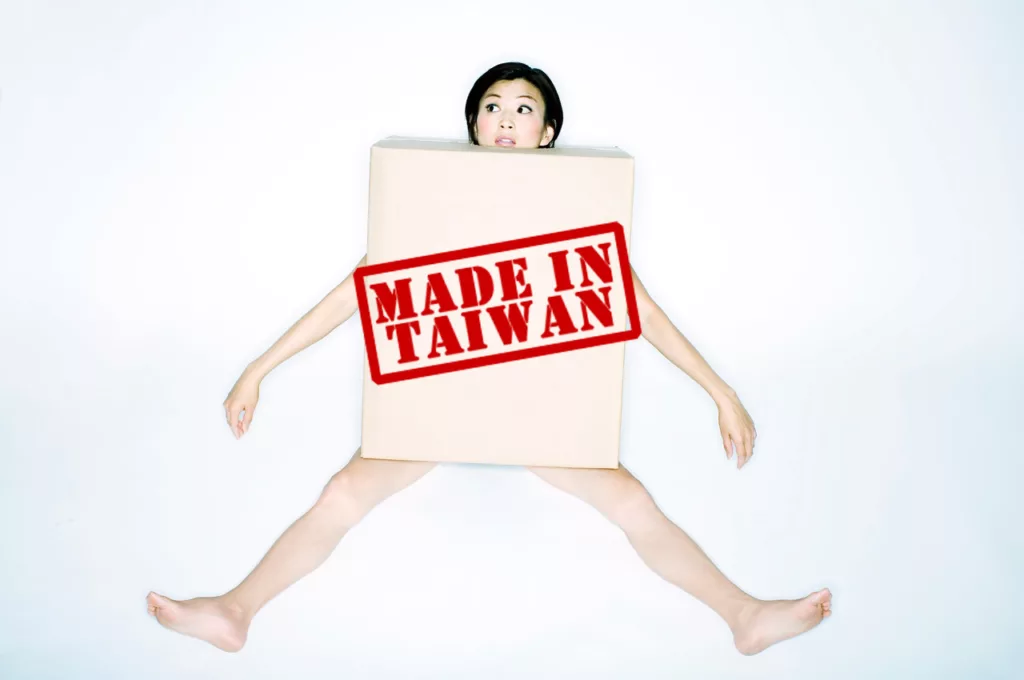
Embracing writing to include stories that she wanted to see onscreen, Krusiec formed the idea to write her now one-woman show Made in Taiwan (2002). What started out as a couple of pages soon expanded into a fully-fledged autobiographical play. Wielding comedy and dramatic flair as her pen, Krusiec detailed an honest, raw piece about her chaotic family.
Tasked as the writer and the sole performer, she personally played all five roles of her father, mother, aunts, and herself in the intimate performance. Although the story was a personally-driven narrative that revealed anecdotal experiences, Krusiec recalls not feeling any vulnerability when sharing her story to the world. She just felt like it was a story that followed her natural instinct as a writer to “bear [herself] and talk about the scariest things.”
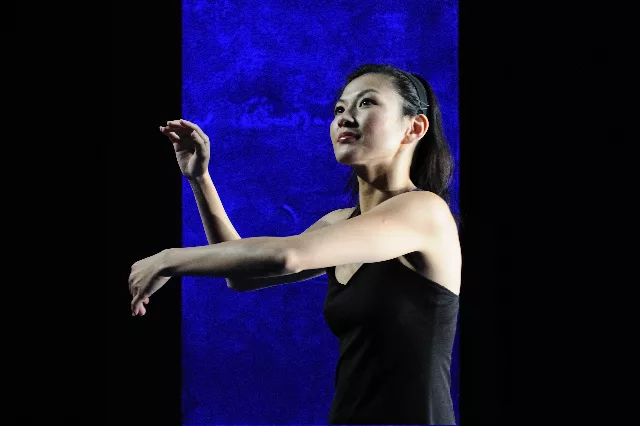
But Made in Taiwan was a different story as the only piece Krusiec released as a writer before her writing hiatus in pursuing her acting career. Taking up writing again nearly a decade later, Krusiec noted her own development as a person to be a monumental and essential part of being a more proficient writer.
Now having an arsenal that encapsulates stories beyond the coming of age genre, she wholly believes in the need to “bring more stories from our community into the general mainstream culture and have POC behind the lens.” In a climate that is now shaped to embrace more diversity and inclusion than ever before, she insisted on her trust in the art of storytelling that derives from one’s identity that can’t be replaced by another and most notably, a cis white man.
Upcoming: Tiger Mom
Working with director Shawn Chou and actor Ken Jeong in the upcoming film Tiger Momas a writer, Krusiec recalled the first time she received the script. Initially called Cult of the Tiger Mom, the story was a dark drama that heavily focused on the bitterness and violence of tiger parents. Transforming the old script into a more comedic take on a first-generation Chinese American family, Krusiec returned to her comedy roots. “I think it’s a great opportunity to talk about the culture, but also look at it from a comedic point of view of how it can help and hinder us,” she explained. “Comedy is about pain and suffering, but you can disarm someone when it’s comedic and the message might land better.”
Drawing on her own experiences as now, both mother and daughter, and that teetering dynamic, Krusiec focused on tiger parenting as a multi-faceted practice. The story intends to showcase the pros and the cons of tiger parenting amidst its negative reputation in society. Tackling this culturally sensitive topic, the journey of the female characters was fleshed out from her own experiences. But to this, Krusiec revealed her own desire as a mother to not weaponize fear. “There should be a threshold of resilience, but the fear of failure, artistically and creatively in my experience, prevents you from growing,” she said. “If you don’t fail, you can’t grow.” And perhaps, that is the secret to her success—a blazing desire to try and bare yourself to the world.
ACTRESS-DIRECTOR-WRITER
Ushering in an era of diversity and inclusion, Krusiec brought in characters that Hollywood has never seen before. Since then, her acting prowess has grown to further embrace both experimental and familiar roles—leaving behind a trail for future AAPI actors to follow.
Float is now available to watch via select streaming services. To find out more about Michelle Krusiec’s upcoming content, check out her official website and Instagram.
Interested in more ACT!ON actor content? Read our piece on Lee Jun-yeong here!
